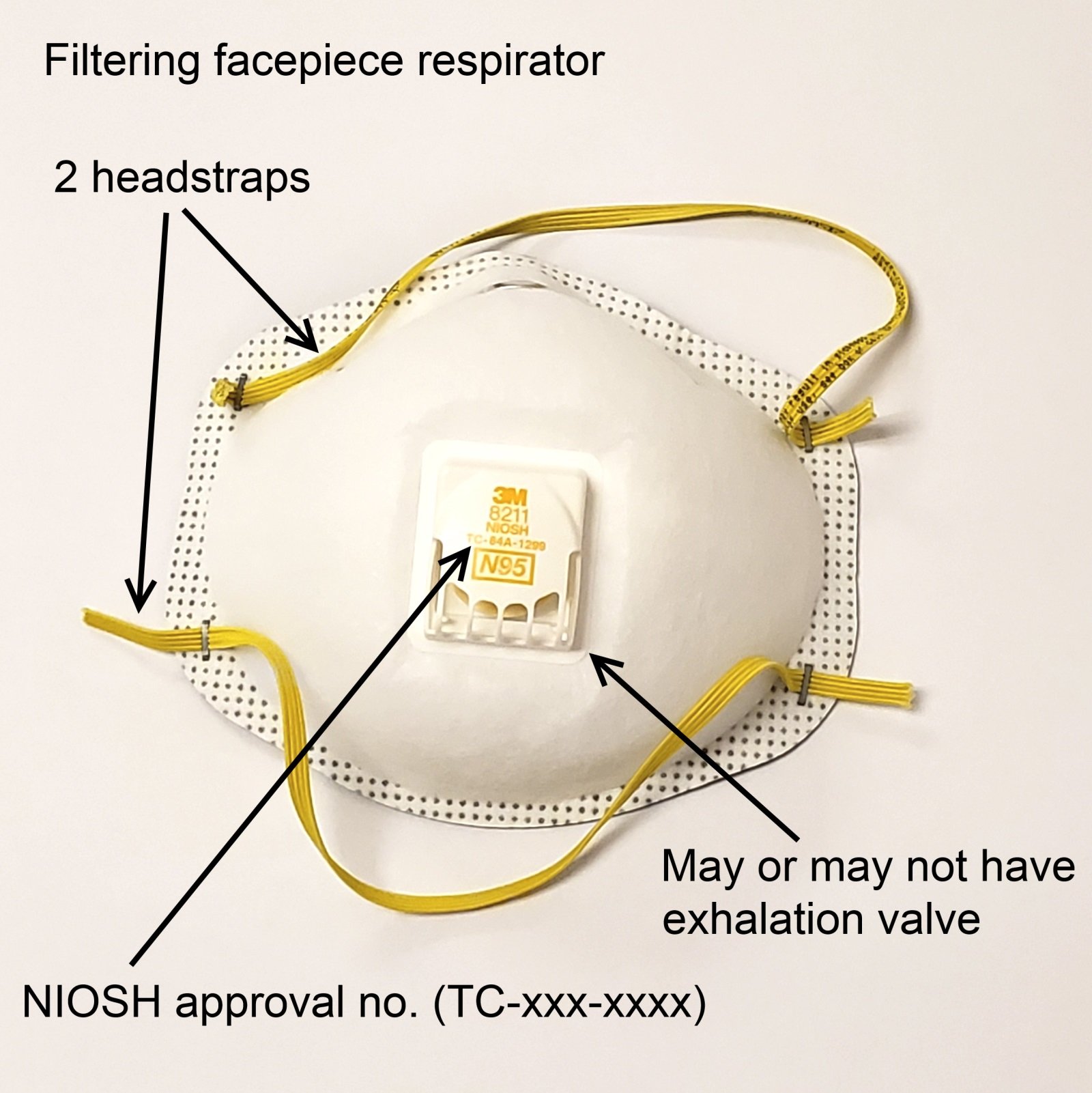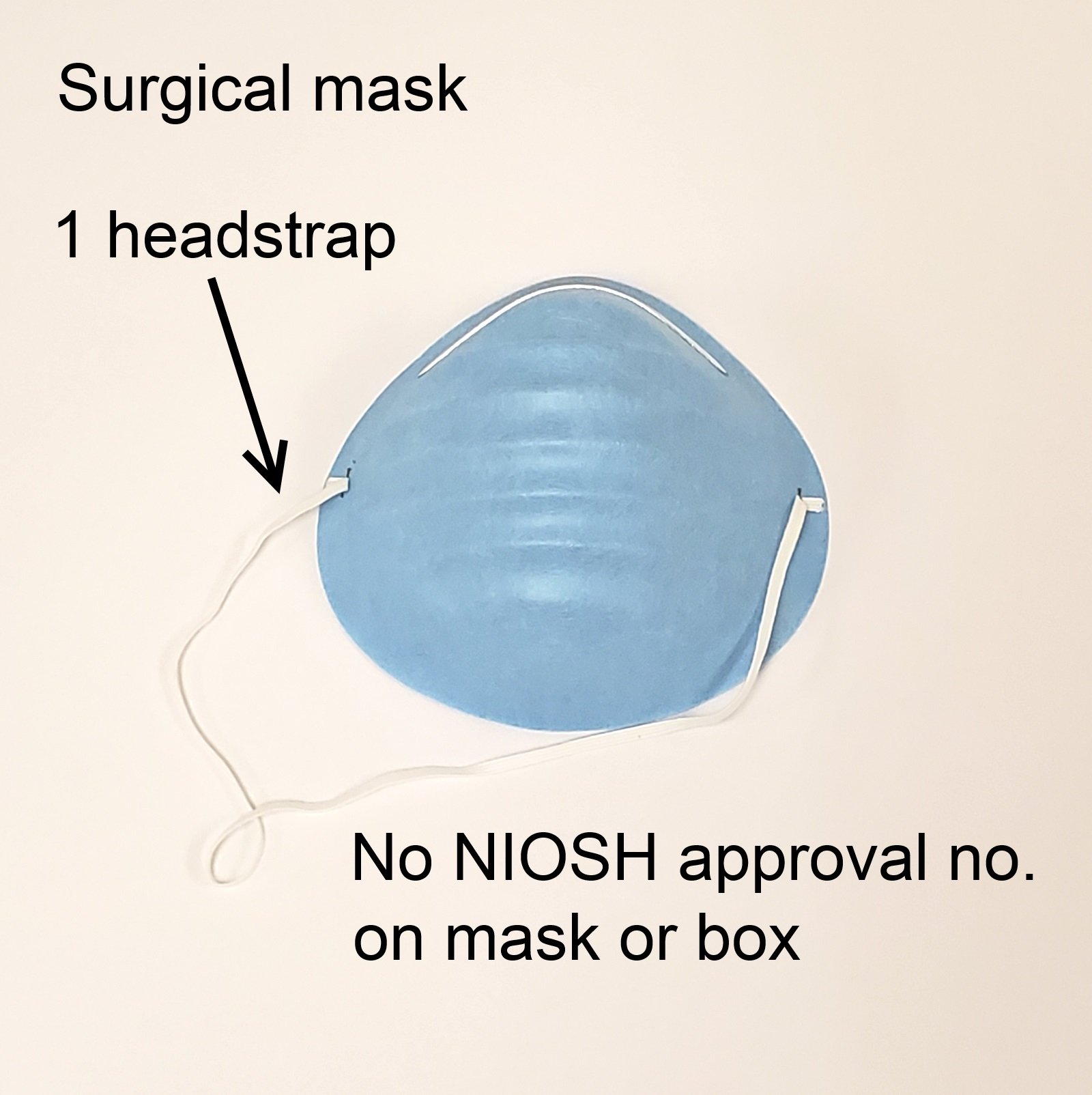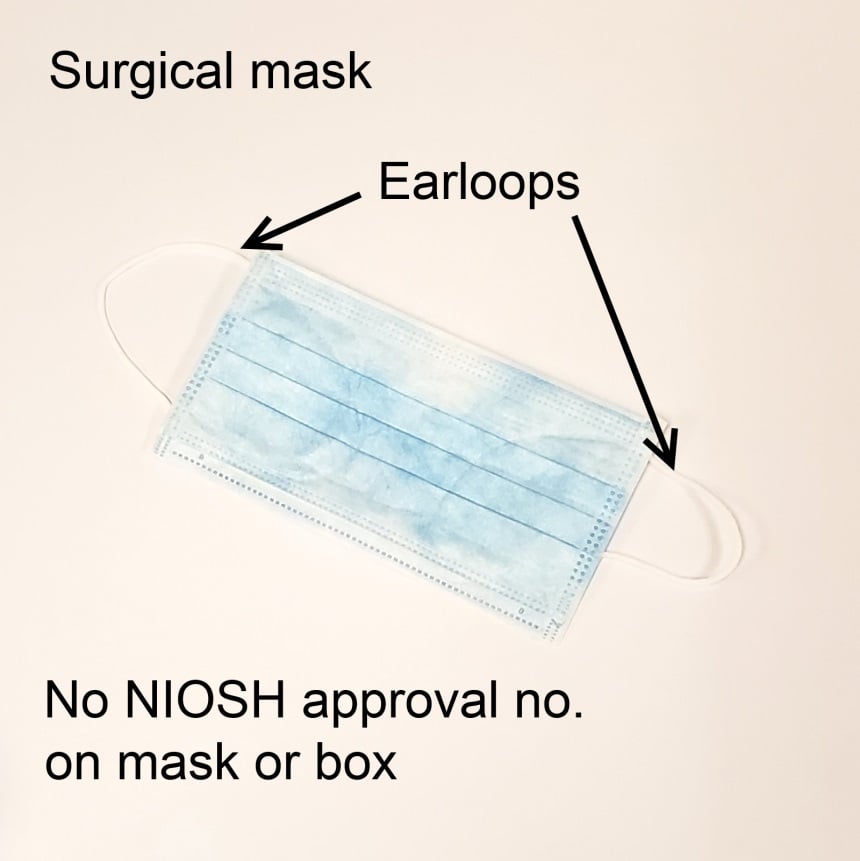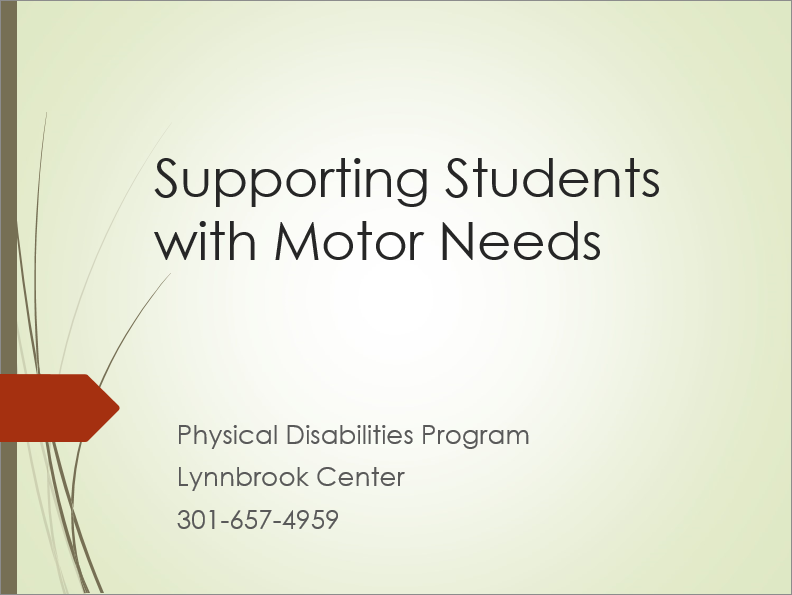 MONTGOMERY COUNTY PUBLIC SCHOOLS
MONTGOMERY COUNTY PUBLIC SCHOOLS
 MONTGOMERY COUNTY PUBLIC SCHOOLS
MONTGOMERY COUNTY PUBLIC SCHOOLS
Accidents
All accidents involving students should be reported to the Department of Controller (DOC) by completing MCPS Form 525-2, Student Accident Report. All significant accidents involving community members must be reported to DOC by submitting MCPS Form 525-4, Community Member Accident Report. A managed care program for employees injured on the job is administered by CorVel Corporation. Supervisors are responsible for calling CorVel Corporation at 1-888-606-2562 to file the Employer's First Report of Injury. Information to assist supervisors when calling into CorVel Corporation to report their employees’ work-related injuries and illnesses is available at: https://www.montgomeryschoolsmd.org/departments/facilities/safety/employee.aspx#reportinjury.
Hazardous Chemicals/Materials
A list of hazardous chemicals stored in the workplace must be maintained, and MCPS requires that all facilities maintain and update a Chemical Information List (CIL) listing all their hazardous chemical products. Hard copy CILs must be maintained in the main administrative office and made available upon request to employees, SSP, and government regulators.
Chemical Information Lists









Additions to Chemical Information List (CIL)
All MCPS facilities are required to provide information for CIL additions to Systemwide Safety Programs. Additions should be reported using the Additions to Chemical Information List (CIL) form below.
Response Procedures for a Hazardous Chemical Spill, Including Any Mercury Spill
*Incidental spills may be cleaned up by employees.
*An incidental spill is a spill of a hazardous substance that does not pose a significant safety or health hazard to people in the immediate vicinity or to the employee cleaning it up, and does not have the potential to become an emergency within a short time frame. Incidental spills are limited in quantity, exposure potential, or toxicity and present minor safety or health hazards to people in the immediate work area and those assigned to clean them up. An incidental spill may be safely cleaned up by employees who have completed MCPS chemical safety training and who understand the hazards of the spilled chemicals and how to safely clean them up.
Only MCPS-approved chemical products may be used and/or stored at MCPS schools/facilities. Any new products must be reviewed and approved by Systemwide Safety Programs before they may be brought to MCPS facilities. For the safety/health of students and employees, the use of hazardous chemicals should be minimized as much as possible. Unnecessary and redundant chemicals should not be used.
The MCPS Approved Products List, which lists all chemical products reviewed for use in MCPS facilities, is below. For information related to approval status for chemical products not currently available from the MCPS warehouse, please contact Systemwide Safety Programs at 240-740-7752 or Peter_Park@mcpsmd.org. MCPS employees may submit chemical products for evaluation using the MCPS Chemical Product Evaluation Request Form.
Maryland Occupational Safety and Health (MOSH) requires employers to maintain records at each work site of occupational injuries and illnesses on the Occupational Safety and Health Administration (OSHA) Form 300: Log of Occupational Injuries/Illnesses. A preprinted form, OSHA Form 300A: Summary of Work-Related Injuries and Illnesses, summarizing recordable occupational injuries and illnesses at your school/facility during the previous calendar year will be distributed by February 1, for posting through April 30. See the Employee Injuries/Illnesses page for more information, including the procedures for reporting work-related staff injuries and illnesses.
Respirator Use - MCPS Employees
Certain MCPS employees are authorized to wear air-purifying respirators in the course of their work. Air-purifying respirators protect the wearer by filtering out air contaminants from the wearer's breathing air. Employees who are required to use respirators for protection against potentially hazardous concentrations of air contaminants must be enrolled in an OSHA/MOSH-compliant respiratory protection program, requiring:
Disposable filtering facepiece respirators (sometimes known as dust masks) may be used voluntarily by MCPS employees for work involving non-hazardous, nuisance concentrations of air contaminants. Employees must read, complete, and submit an MCPS Voluntary Respirator Use Form to Systemwide Safety Programs prior to voluntarily using a filtering facepiece respirator.
What is the difference between a filtering facepiece respirator (dust mask) and a surgical mask?
With few exceptions, surgical masks (also known as face masks) are not approved by the National Institute for Occupational Safety and Health (NIOSH) for protection against air contaminants. Surgical masks are designed to protect wearers from large droplets and splashed or sprayed fluids, not airborne particulate matter, gases, or vapors. They also reduce the spread of respiratory secretions from the wearer to others. Surgical masks (face masks) do not seal tightly to the wearer's face and should not be used for respiratory protection. Surgical masks purchased by MCPS staff usually have only one headstrap or two earloops. Both filtering facepiece respirators and surgical masks are disposable and should be discarded after use.
Filtering facepiece respirators are designed to seal tightly to the wearer's face and filter out airborne particles. Most filtering facepiece respirators are designed only to filter airborne particles; however, some models are impregnated with a material (such as activated carbon) that provides limited filtration of certain gases and vapors. They are typically equipped with two headstraps and can have an exhalation valve, which reduces heat and moisture inside the respirator by allowing exhaled air to escape easier. Because they are intended to seal tightly to the wearer's face, filtering facepiece respirators may not be worn with facial hair (including stubble) or long sideburns that obstruct the sealing edge.
There are seven classes of filtering facepiece respirators, which are designated based on oil resistance and particle filtration efficiency (measured using 0.3 micron test particles). The designations are:



If you have any questions related to respirator use, please contact Mr. Peter Park, Team Leader, Systemwide Safety Programs, Division of Facilities Management, at 240-740-7752 or via e-mail.
Link to MCPS AED Program webpage.
Prior to any renovations or disturbance of caulk or paint in buildings constructed prior to 1978, MCPS will evaluate the caulk for Polychlorinated Biphenyls (PCBs) and/or the paint for lead to be in compliance with U.S. Environmental Protection Agency (EPA) regulations. Questions regarding the lead paint/caulk protocol may be directed to Mr. Derek Kwon, environmental health specialist, Department of Facility Maintenance, via email.
If a Maryland Occupational Safety and Health (MOSH) compliance officer visits an MCPS school or facility, the school or facility must immediately notify Mr. Peter Park, Team Leader, Systemwide Safety Programs, Division of Facilities Management, at 301-370-2141, or via e-mail (Peter_Park@mcpsmd.org) so that he can be present during the MOSH inspection. Additionally, the school or facility should ask the compliance officer if he/she can wait until a Systemwide Safety Programs unit member arrives before conducting the opening conference.
For questions or concerns related to traffic or school bus-related issues (e.g., signage, traffic flow, drop-off areas, student/pedestrian safety), schools should contact their area transportation depot manager.
Inflatables (moon bounces, bounce houses) are permitted at MCPS facilities upon approval by MCPS Systemwide Safety Programs and ERSC. Requirements related to inflatable approval and use are provided below.
At least one month prior to the event date, the school or facility must:
Installation and operation requirements for approved inflatables include:
All MCPS schools and facilities must be prepared to respond rapidly to severe weather conditions, such as strong storms, hurricanes, tornados, and earthquakes. Severe weather can occur at any time of the year, sometimes unexpectedly. The peak activity period for tornadoes is March through early July, according to the National Weather Service; however, tornadoes and earthquakes can occur at any time of the year. The Atlantic hurricane season is from June through November, with the peak season from mid-August to late October.
MCPS conducts an "all call" test via the emergency phones on Tuesday mornings. A test message is broadcast on NOAA weather radios on Wednesday mornings between 10:00 a.m. and 12:00 noon, unless postponed by a weather alert. In the event of approaching severe weather, MCPS will make every effort to provide a systemwide notification, and the weather service will broadcast an emergency message via the NOAA weather radio. Occasionally, however, the rapid arrival of a storm does not provide the opportunity to give ample advance notice.
All schools and facilities should:
Information about safety measures for hurricanes, tornadoes, and earthquakes is provided below.




Questions may be directed to the Division of Safety and Emergency Management at 240-740-3066.
MCPS must comply with OSHA/MOSH regulations and American National Standards Institute (ANSI) standards related to aerial work platforms. Several schools have vertical mast lifts (such as Genie lifts) that are used to perform various building services functions, such as changing light bulbs in gymnasiums and auditoriums. Maintenance and materials management personnel use various types of aerial work platforms, including lifts that require specialized training and equipment (such as fall protection training and body harnesses/lanyards for boom and vehicle-mounted lifts). Requirements for aerial work platforms include:

Recreational and extracurricular operation of unmanned aircraft systems (UAS), including model aircraft and drones, is generally not permitted at MCPS facilities. Additionally, Maryland Public Secondary Schools Athletic Association (MPSSAA) rules prohibit UAS operation in airspace over host school grounds or facilities conducting MPSSAA events. See MCPS Regulation IGK-RD, Flying Small Unmanned Aircraft Systems (Drones) on MCPS Property, for procedures and requirements for UAS operation at MCPS facilities.
Some students have physical conditions that affect their ability to move themselves and they need to be lifted into and out of adaptive equipment by school staff. Injuries to students and staff can occur if proper lifting procedures are not used. The presentation below provides information about safe and efficient methods for lifting and transferring students. The presentation may be used in conjunction with required hands-on training for employees required to lift or transfer students.
